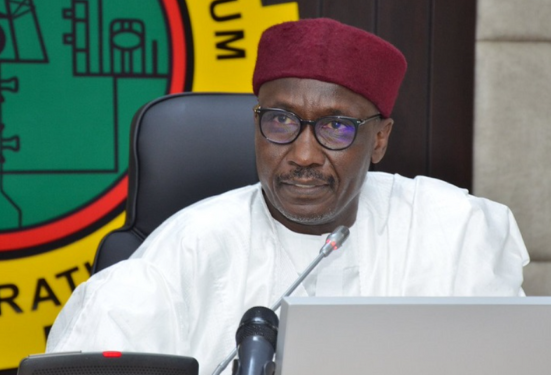The Chairman of the Economic and Financial Crimes Commission (EFCC), Mr. Ola Olukoyede, has expressed deep concern over the increasing involvement of Nigerian youths in internet-related crimes, describing the development as a major threat to the country’s economy and international reputation. Speaking through the Acting Zonal Director of the Commission in Benin, Assistant Commander I, Effa Okim, Olukoyede delivered the warning during a sensitisation programme held at Unity Hall, Government House, Asaba, Delta State.
He lamented that the rising tide of cybercrime, popularly referred to as “Yahoo Yahoo”, has not only dented the image of Nigeria globally but is also sending worrying signals to foreign investors who now view the country as a high-risk environment for doing business. According to him, this criminal trend is stifling economic development, discouraging legitimate enterprise, and undermining the potential of Nigeria’s youthful population.
“The menace of internet fraud among our youth is pervasive and it is a stain on us as a people and as a nation. They have embraced this crime to the detriment of their future and the image of the nation,” Olukoyede said, as he addressed participants at the forum, which drew stakeholders from various sectors including government officials, civil society organisations, and the media.
He noted that the implications of cybercrime extend far beyond reputational damage. He emphasised that the activities of online fraudsters erode investor confidence, contribute to the collapse of legitimate industries, discourage innovation, and place Nigeria at a disadvantage in global economic partnerships. He further warned that if not addressed urgently, the trend could spell long-term economic consequences, including reduced foreign direct investment and shrinking job opportunities for the youth.
While urging young Nigerians to abandon internet fraud and criminality, Olukoyede described them as naturally gifted, innovative, and capable of excelling legitimately on the world stage. “Our youths are vibrant, forward-looking, resilient, creative, and intelligent, and can hold their own anywhere in the world,” he said, calling on them to channel their energy into nation-building rather than cybercrimes.
He also reiterated the EFCC’s commitment to intensifying both its enforcement and public enlightenment campaigns across the country, particularly targeting young people in higher institutions and digital spaces. Cybercrime, he said, remains one of the most prevalent offences prosecuted by the Commission, and the agency will not relent in its mission to rid the nation of financial crimes.
The EFCC’s warning comes at a time when Nigeria is making renewed efforts to attract foreign investments and rebuild global confidence in its economic reforms. With rising unemployment and inflation, the temptation for quick wealth through fraudulent means has grown among the youth, but authorities insist that only through lawful engagement can Nigeria realise its full economic potential.







